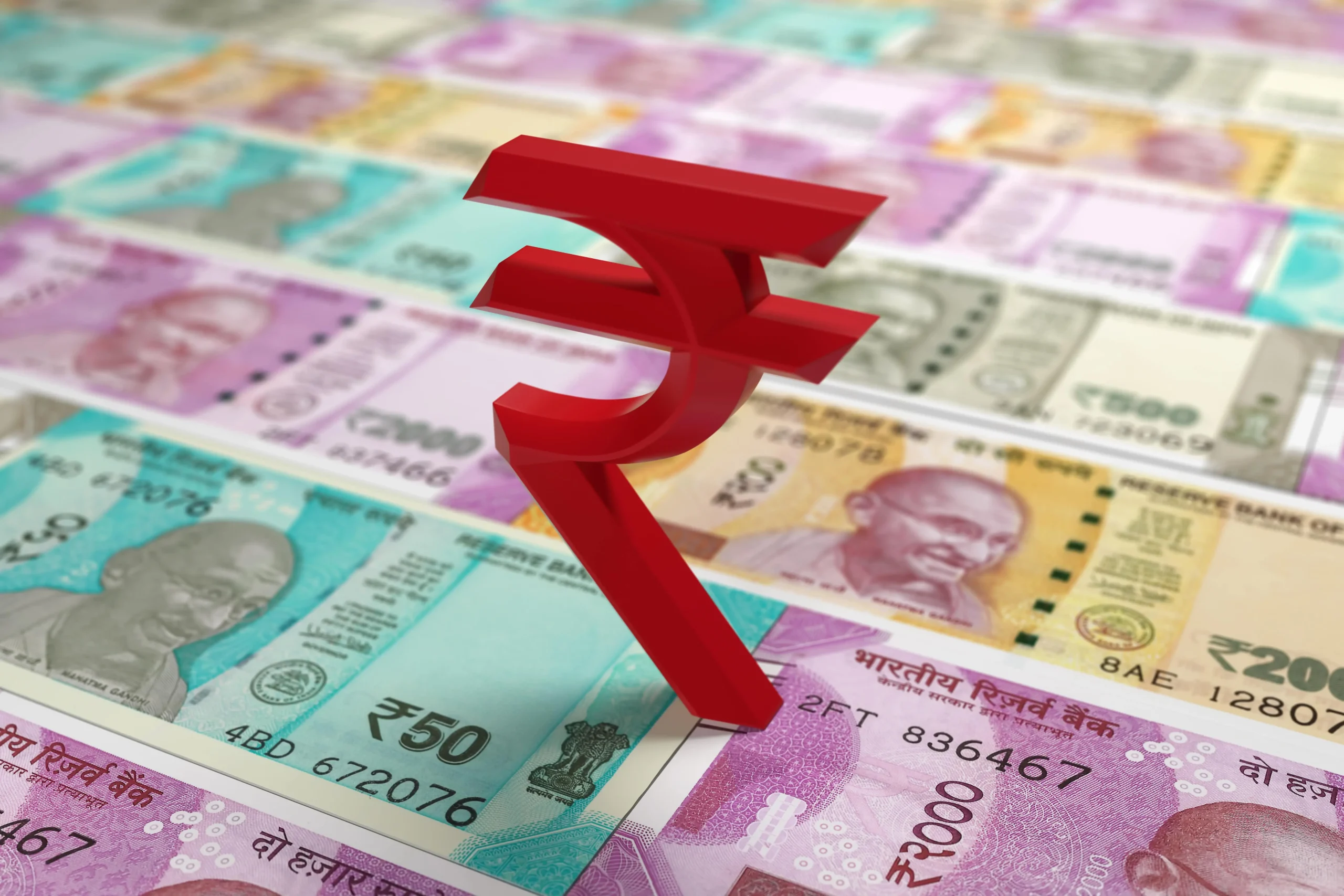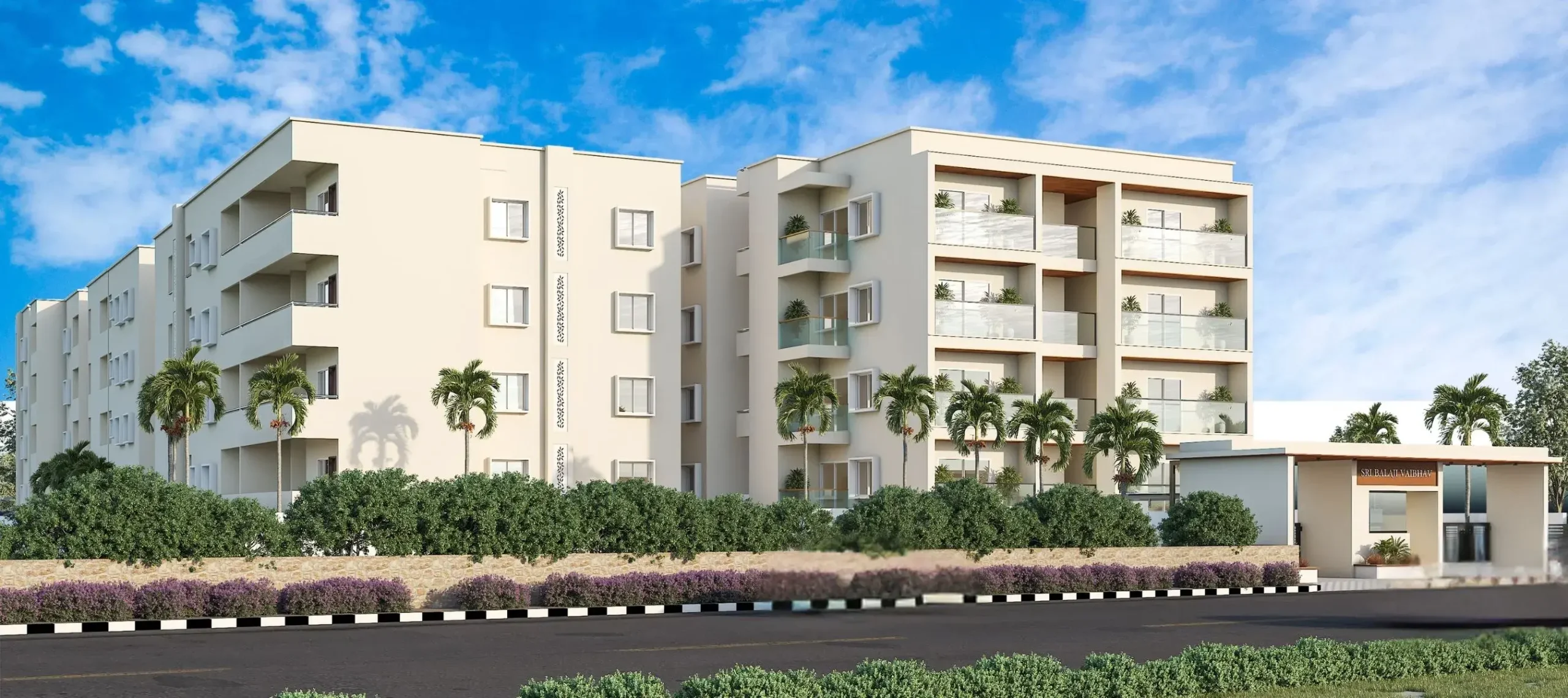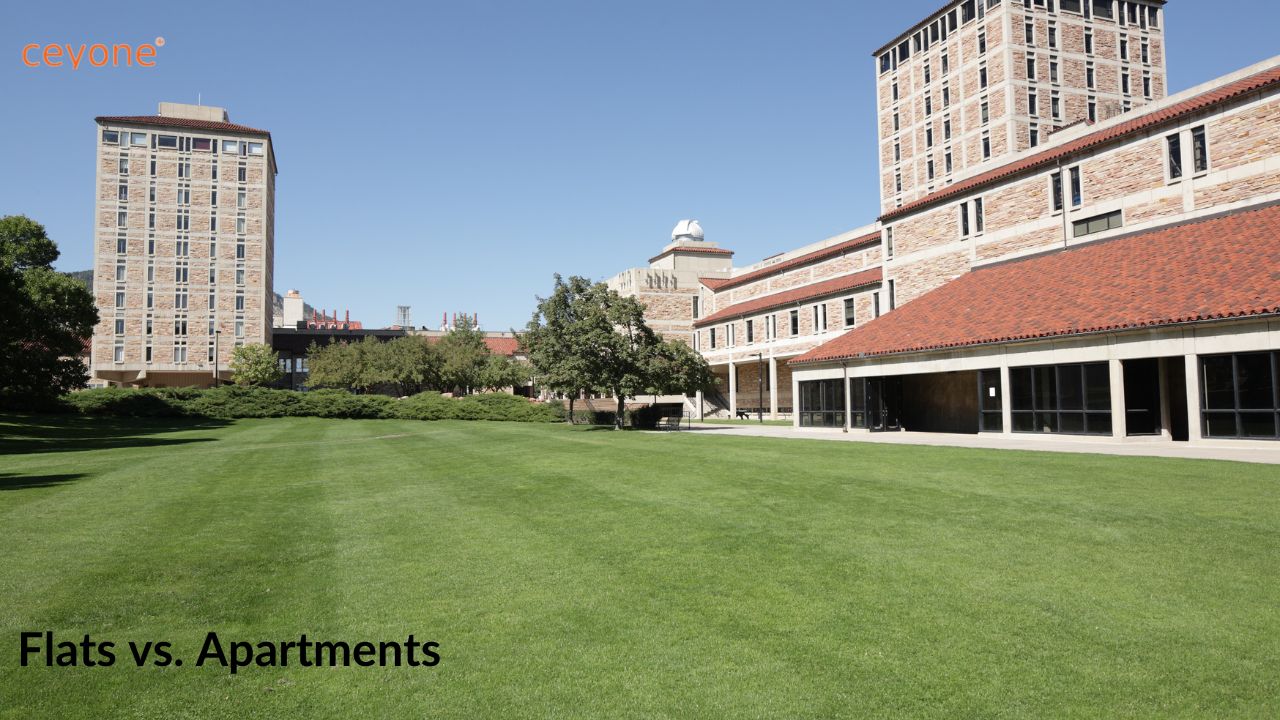8th Pay Commission: Salary Revisions, Benefits, and Economic Impact
The Central Government made a surprising move last month by announcing the 8th Pay Commission, impacting over 1 crore central government employees and pensioners. Now, they eagerly await details on salary and pension hikes. Recent interviews and news have sought expert opinions on the expected pay hikes and key changes under the new commission.
Currently, central government employees are paid under the 7th Pay Commission, which has been in effect since 2016. As the 8th CPC takes shape, discussions around the fitment factor and salary increases are gaining momentum.
What is the 8th Pay Commission?
First reported in 2020, the 8th Pay Commission is a government initiative aimed at revising salaries, allowances, and pension benefits for central government employees. On January 16, 2025, the Prime Minister Narendra Modi, officially approved its formation, with its implementation expected from January 1, 2026.
The commission is expected to benefit approximately 50 lakh government employees and 65 lakh pensioners, ensuring that salaries align with current economic conditions and inflation trends.
Expected Fitment Factor & Salary Hike
Former Finance Secretary Subhash Chandra Garg shared insights, suggesting that the government may approve a fitment factor between 1.92 and 2.08. However, Shiv Gopal Mishra, Secretary Staff Side NC–JCM, believes it should be 2.86 to ensure substantial hikes.
If the government adopts a 1.92 fitment factor, the minimum salary will increase to ₹34,560, reflecting a 20% actual increase (including Basic + DA). With a 2.08 fitment factor, the salary is expected to reach ₹37,440, marking a 30% increase. If the highest proposed 2.86 fitment factor is approved, the salary could surge to ₹51,480, reflecting an 80% actual increase. The final decision on the fitment factor will determine the exact hike for central government employees.
Predicted Salary Hike Based on Fitment Factor
Assuming DA reaches 60% by January 1, 2026, the expected new minimum basic salary under different fitment factors is as follows:
| Pay Levels | Basic Pay (7CPC) | Basic Pay (8CPC with Fitment Factor 1.92) | Basic Pay (8CPC with Fitment Factor 2.08) | Basic Pay (8CPC with Fitment Factor 2.86) |
| Level 1 | ₹18,000 | ₹34,560 | ₹37,440 | ₹51,480 |
| Level 2 | ₹19,900 | ₹38,208 | ₹41,392 | ₹56,914 |
| Level 3 | ₹21,700 | ₹41,664 | ₹45,136 | ₹62,062 |
| Level 4 | ₹25,500 | ₹48,960 | ₹53,040 | ₹72,930 |
| Level 5 | ₹29,200 | ₹56,064 | ₹60,736 | ₹83,512 |
| Level 6 | ₹35,400 | ₹67,968 | ₹73,632 | ₹1,01,244 |
| Level 7 | ₹44,900 | ₹86,208 | ₹93,392 | ₹1,28,414 |
| Level 8 | ₹47,600 | ₹91,392 | ₹99,008 | ₹1,36,136 |
| Level 9 | ₹53,100 | ₹1,01,952 | ₹1,10,448 | ₹1,51,866 |
| Level 10 | ₹56,100 | ₹1,07,712 | ₹1,16,688 | ₹1,60,446 |
Under the 8th Pay Commission, the minimum basic salary could rise between 20%-80%, with most predictions pointing to a 20%-30% hike.
Key Benefits of the 8th Pay Commission
- Higher Salaries: Employees can expect salary hikes of 20%-50%, improving financial security.
- Enhanced Allowances: Adjustments to HRA, TA, and DA will help salaries keep pace with inflation.
- Improved Retirement Benefits: Pension revisions may increase by 30%, ensuring better post-retirement security.
- Higher Disposable Income & Economic Growth: Increased salaries will boost consumer spending, stimulating economic activity.
- Greater Tax Revenue: Higher salaries mean higher tax collection, strengthening government revenues.
- Better Talent Retention: Improved pay structures will attract top talent to government jobs.
Final Thoughts
The 8th Pay Commission is set to enhance the financial well-being of central government employees while positively impacting the Indian economy. As we approach its 2026 implementation, stay updated on salary structures, allowances, and benefits to plan your finances accordingly.
Stay informed, stay ahead!













